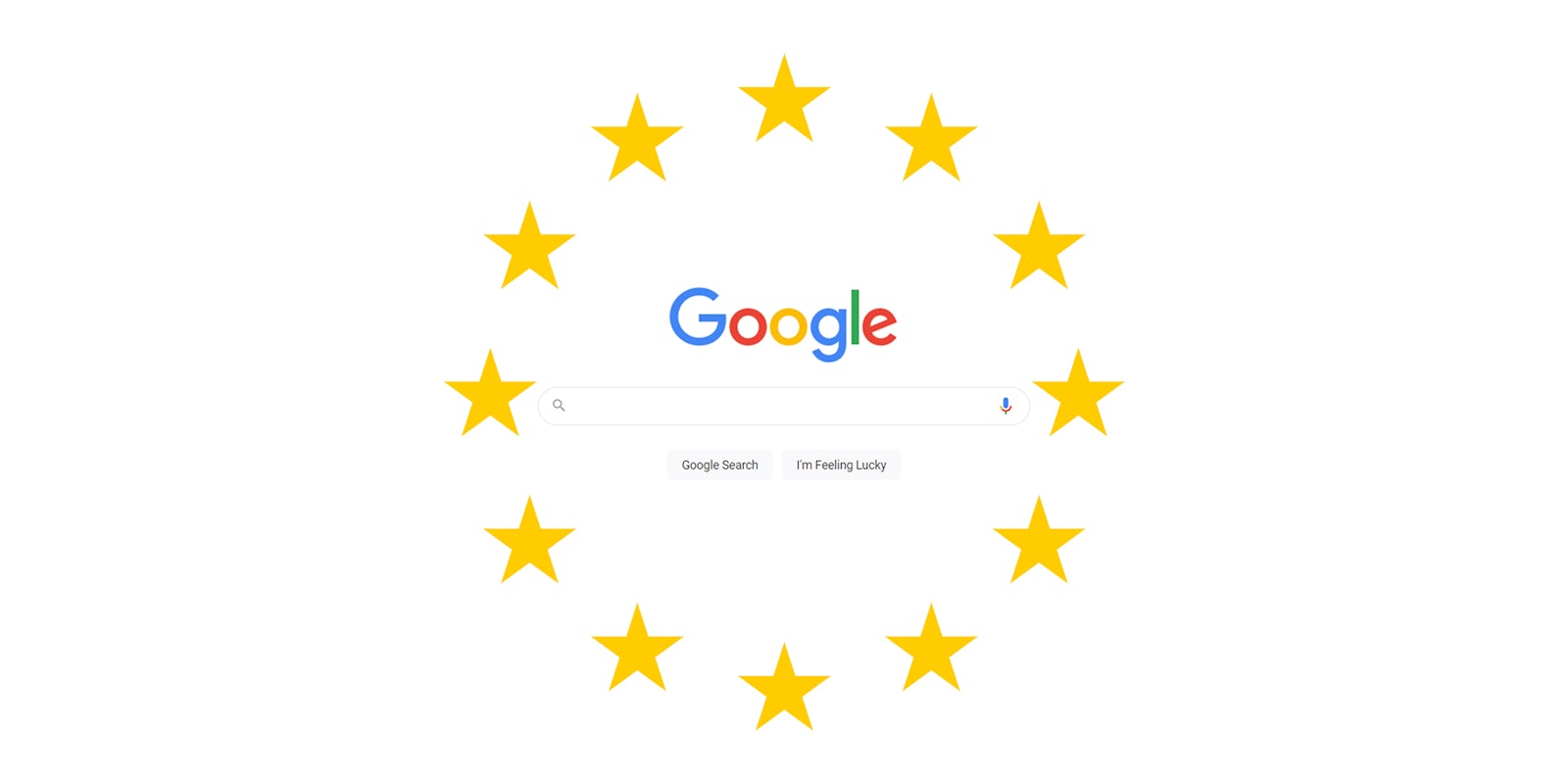The European Union (E.U.) is demanding that Google remove Russian state-run media outlets RT and Sputnik from its search results as part of sanctions aimed at limiting Russian propaganda.
The demand comes just days after the E.U. banned both outlets from broadcasting and making posts on Facebook, Twitter, TikTok, and YouTube visible to European users.
A document detailing the request, as reported by the Washington Post, now reveals that the E.U. wants anyone reproducing content from either media outlet on any social media platform to be blocked across Europe as well. Exemptions can be made, however, for media reporting on the sanctions against Russia.
The request’s far-reaching interpretation has already caused concern among civil liberties advocates who says the sanctions could be legally questionable.
“The actual sanctions law does not spell out the order in the same way, so the interpretation being presented by the European officials could be challenged in court,”
While social media platforms have agreed to block posts specifically from RT and Sputnik, blocking any user who shares such content is in murky legal territory.
Daphne Keller, an ex-Google employee who now directs the Program on Platform Regulation at Stanford University’s Cyber Policy Center, told the Washington Post that the request may be difficult to enforce.
“If an ordinary user like you or me, if we share a screenshot of RT, they’re supposed to take it down,” Keller said.
The new demands come in the wake of Russia’s invasion of Ukraine, which has led to widespread sanctions against Moscow from across the globe.


